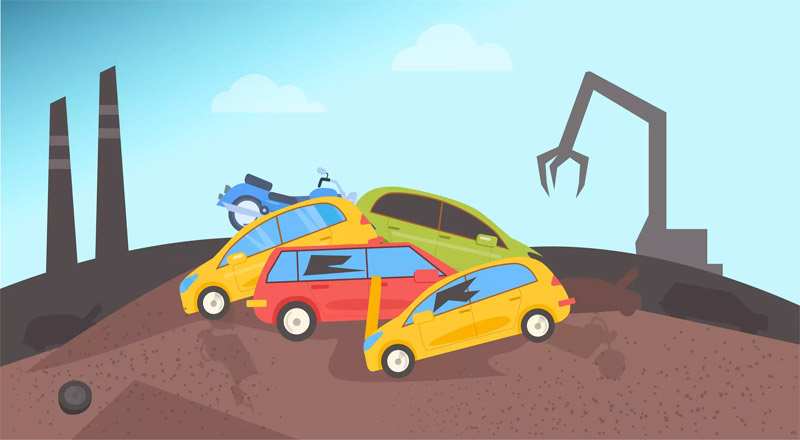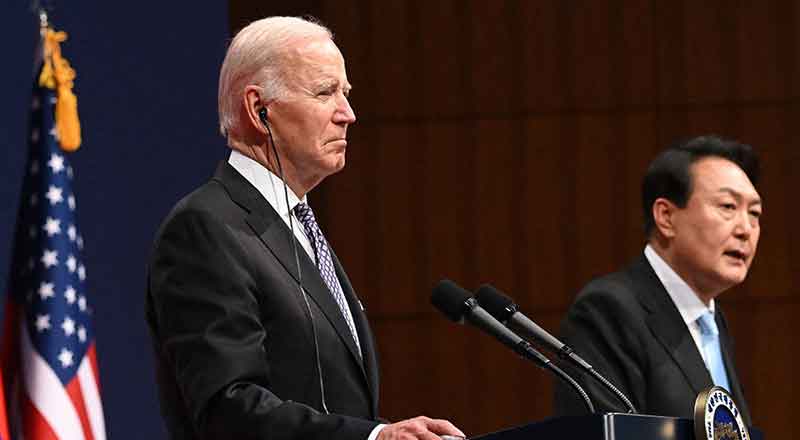The vehicle scrappage policy is a government-funded programme to replace old vehicles from Indian roads. The policy is expected to reduce pollution, create job opportunities and boost demand for new vehicles. Several countries including the US, Germany, Canada and China have introduced vehicle scrappage policies to boost their respective automotive industries and check vehicular pollution. For instance, the US has implemented the Car Allowance Rebate System (CARS), also called Cash for Clunkers programme, which offers credit incentives on scrapping older vehicles and replacing them with new and more fuel-efficient vehicles.
On February 1, 2021, Finance Minister Nirmala Sitharaman stated in her annual budget speech, “the government will announce a voluntary vehicle scrapping policy to phase out old and unfit vehicles.” She added, the move will help in encouraging fuel-efficient, environment-friendly vehicles, thereby reducing vehicular pollution and oil import cost.
On March 18, 2021, Nitin Gadkari, Minister for Road Transport & Highways, introduced the much-awaited vehicle scrappage scheme in the Lok Sabha. According to the new policy, commercial vehicles of >15 years and passenger vehicles of >20 years will have to be mandatorily scrapped if they do not pass the fitness and emission tests. The idea is to phase out cars and CVs older than 15-20 years to slash urban pollution levels and stimulate automotive sales, which continue to suffer during India’s post-COVID recovery phase. Additionally, the vehicle scrappage policy is also said to be a part of a stimulus package majorly requested by the original equipment manufacturers (OEMs) to infuse their demand.
The policy further speaks:
- People who scrap their old vehicles will receive an amount equivalent to four to six per cent of the ex-showroom price of new vehicle along with a scrapping certificate. Automakers have been advised to offer customers a discount of around five per cent against the scrapping certificate in order to boost sales of new vehicles. Interestingly, the discounts against scrapping certificates are merely an advisory and not a mandate, i.e. it will be up to automakers’ to offer discounts at all.
- The policy also advises, NOT mandates, state governments to offer rebates and incentives to people who scrap their old vehicles in the form of lowered road tax and waived registration fee against the scrapping certificate.
- Personal vehicles will be mandatorily required to undergo fitness tests after 20 years from the date of registration. For commercial vehicles, that age limit is reduced to 15 years. The vehicle fitness tests will be conducted by automatic fitness centres and vehicles failing the test will be qualified as ‘end of life vehicles’. This causes a bit of confusion over the lifecycle of vehicles in India — it was previously 15 years and now seems to have been increased to 20 years — at least according to Gadkari’s outline of the scrappage policy.
- The government has also decided to substantially increase the cost of RC renewal in India with the aim to discourage re-registeration of old vehicles.
- Mandatory testing of personal vehicles will start from June 2024 in all probability, albeit in a phased manner. Whereas testing for commercial vehicles is expected to begin from April 2023.





